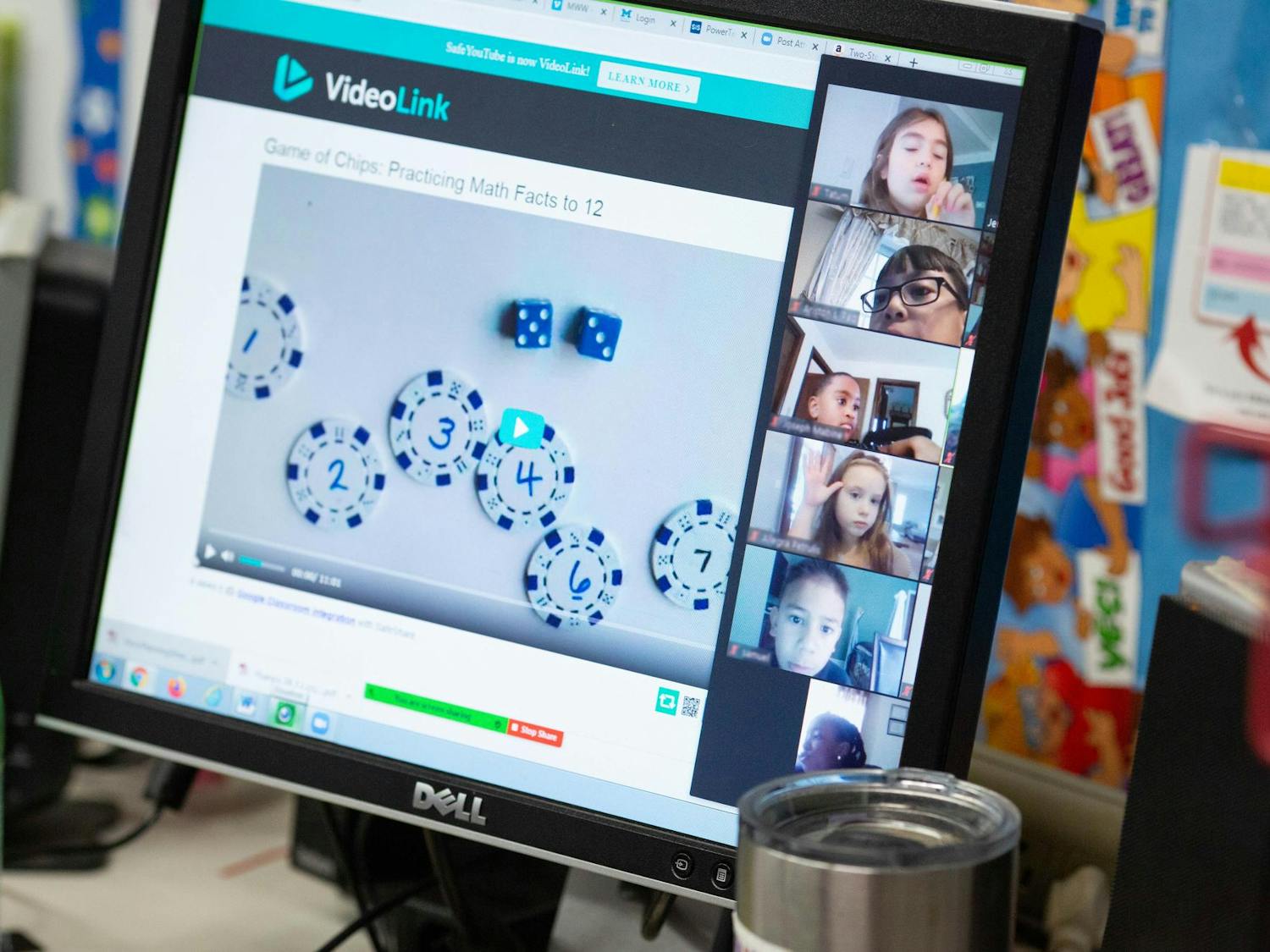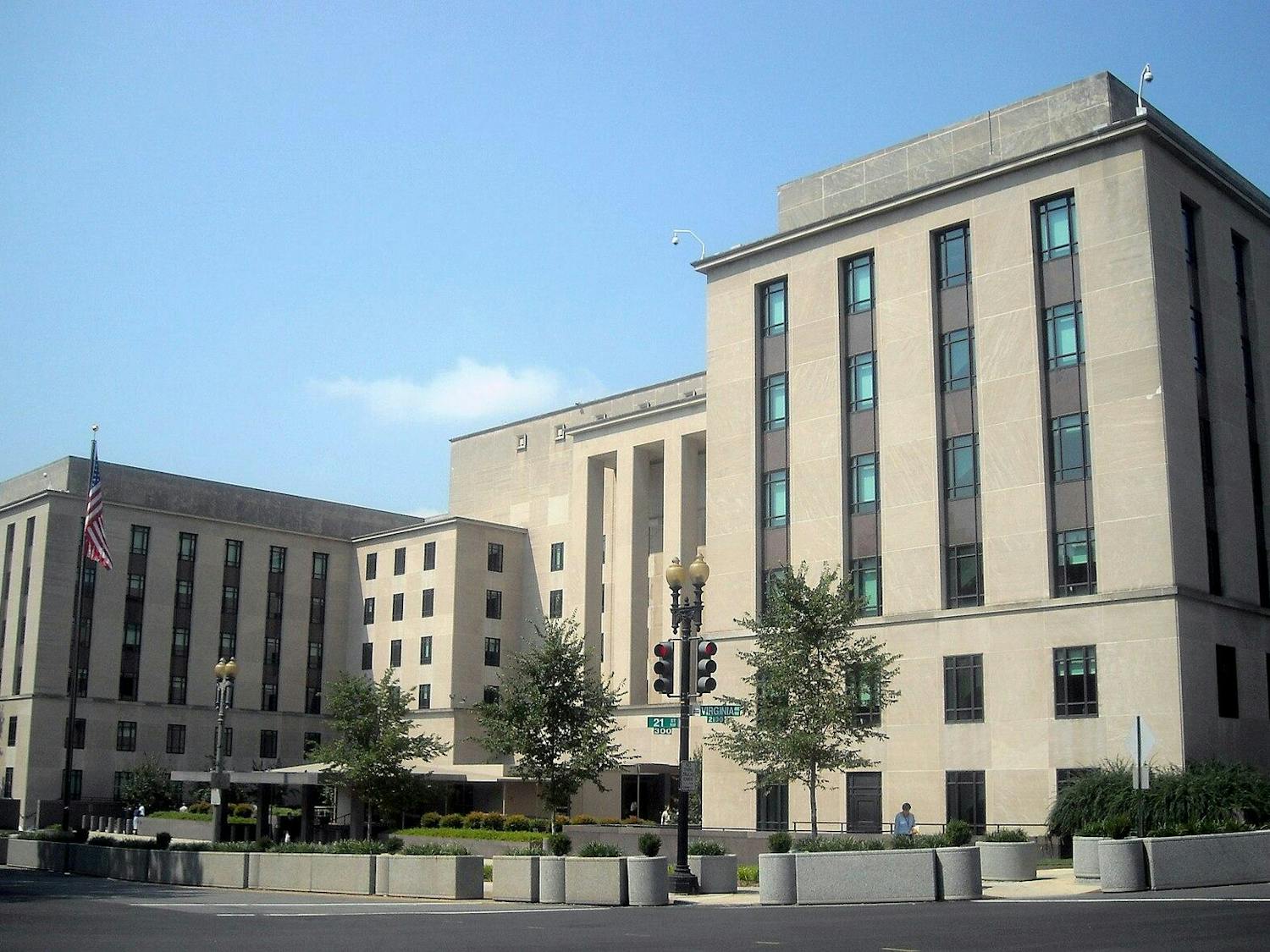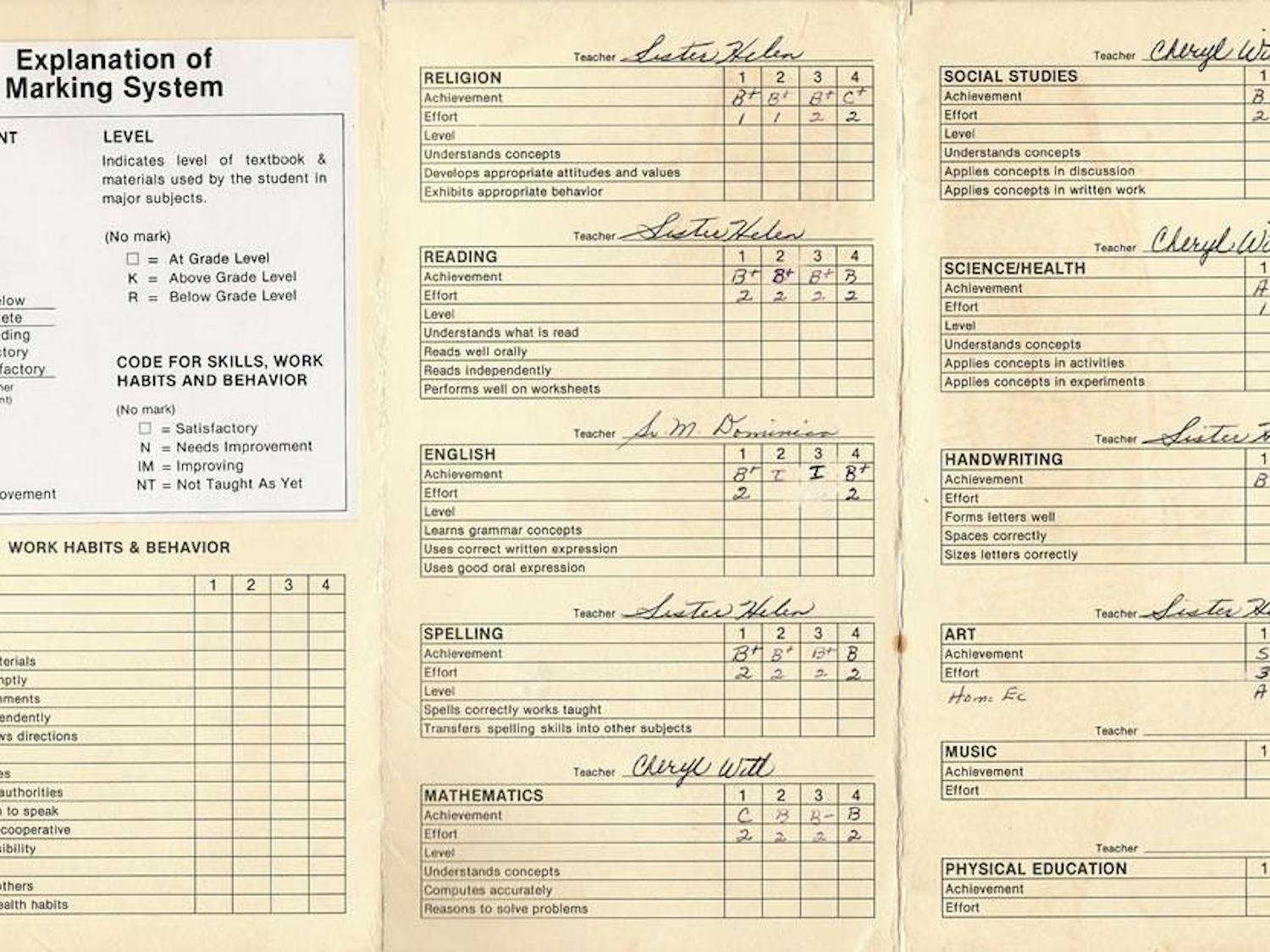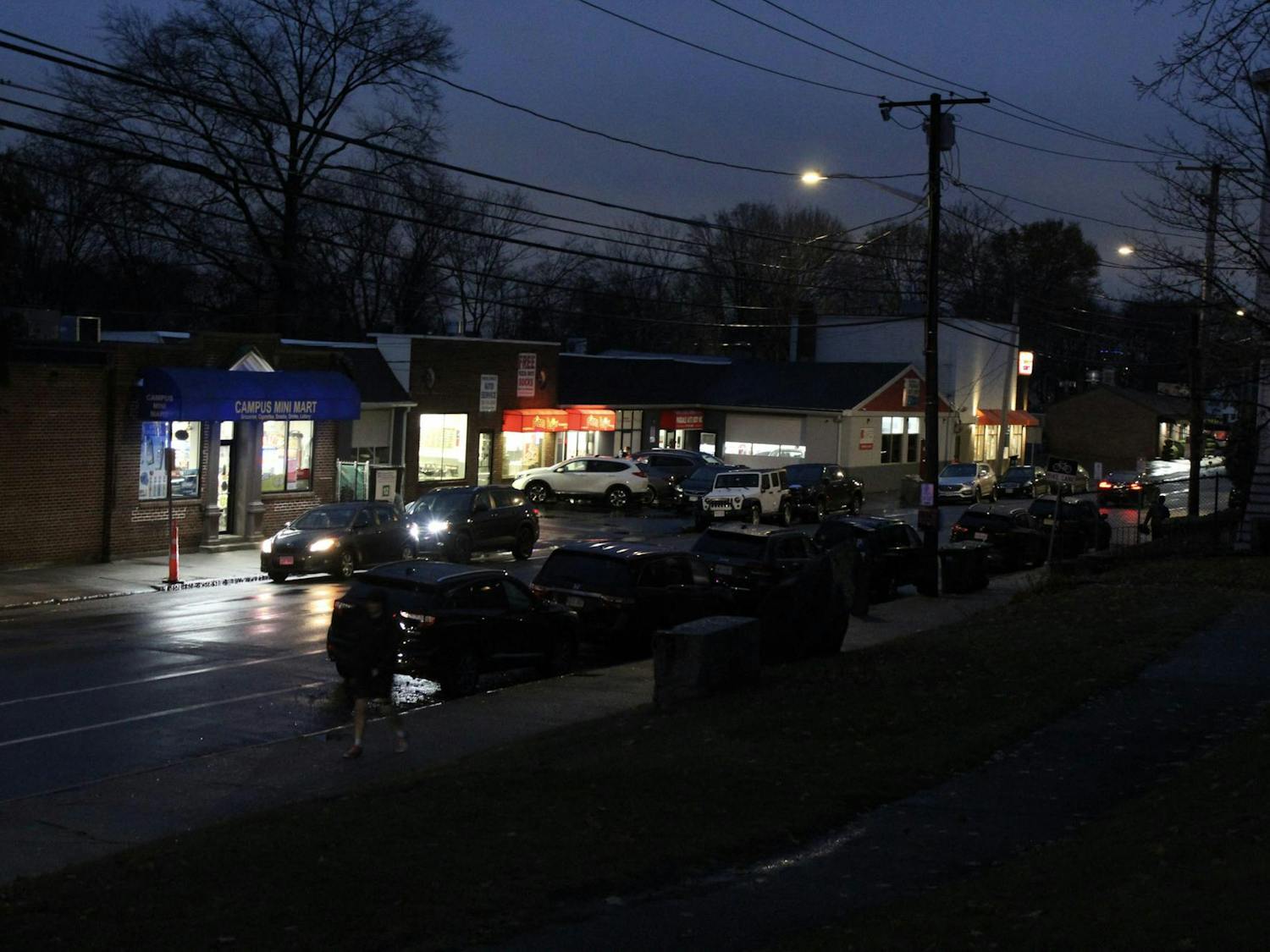It’s time to bring home the lessons of the Rojava Revolution
By Ben Choucroun | November 15The most important revolution of the 21st century did not occur in Tahrir Square, where Egyptian youth, some of whom call themselves “black bloc,” battled police forces. Nor did it occur in Ukraine in 2014, where government troops violently clashed outside Kyiv’s Central Square. Rather, the most important revolution of the 21st century is occurring in an oft-forgotten slice of Northern Syria. There, beset by a half-dozen outside forces, a ragtag coalition of Kurdish groups, ecosocialists and anarcho-feminists are managing to create a beautiful society based on cooperation, self-determination and acceptance. Their egalitarian principles of environmentalism, communism and gender equality provide a crucial model for a better world.






















